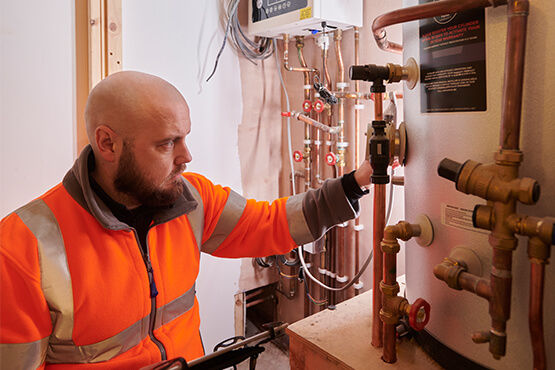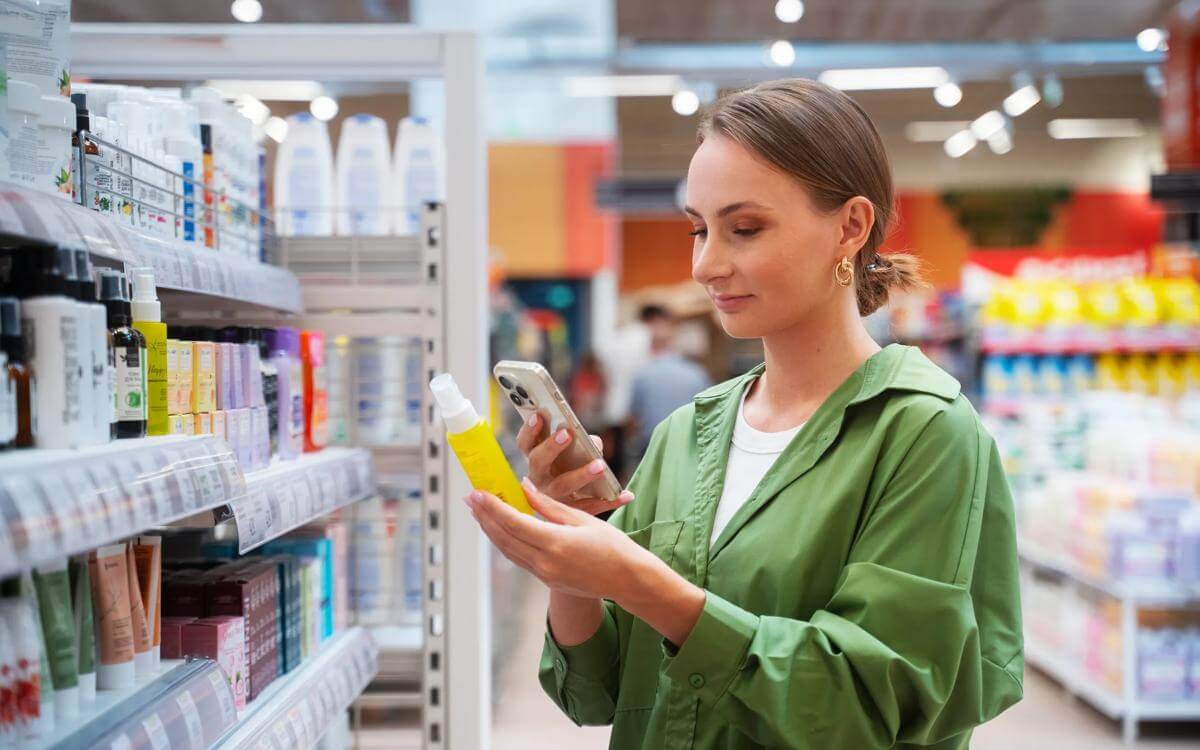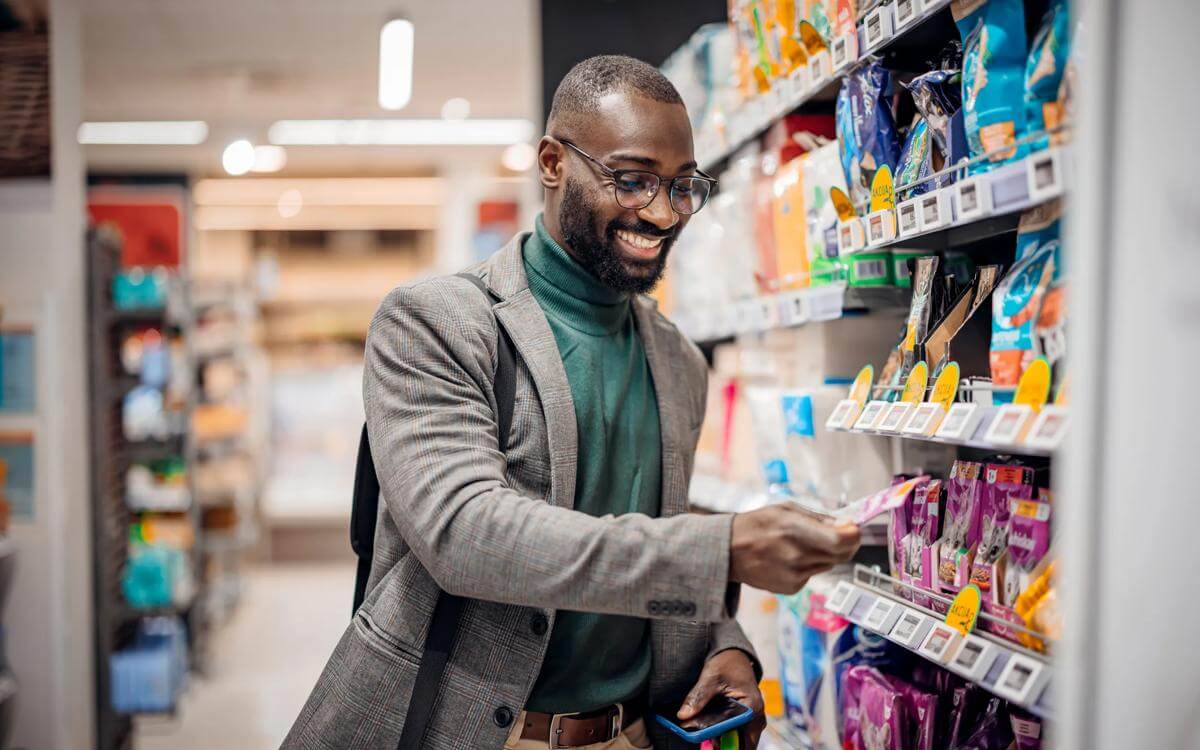Intergovernmental Panel on Climate Change (IPCC) report – getting responsible retail right
Time is running out for the world to take action to slow the impact of climate change – the clear and unanimous message delivered from the world’s most prominent experts in the field in the Intergovernmental Panel on Climate Change (IPCC)’s recently published report on climate change.
Introduction
Time is running out for the world to take action to slow the impact of climate change – the clear and unanimous message delivered from the world’s most prominent experts in the field in the Intergovernmental Panel on Climate Change (IPCC)’s recently published report on climate change.
The retail industry has made commitments to achieving carbon neutrality by 2050 through initiatives such as ‘The Race to Zero Breakthroughs: Retail Campaign’, but the IPCC’s latest report emphasises the need to act more quickly.
Opportunities for retailers
Whilst this challenges retailers to consider the impact of all aspects of their business model, there are equally significant opportunities for those that can get it right.
Consumers are becoming increasingly focussed on sustainability, with recent research into consumer motivations showing 57% of consumers would change purchasing habits based on environmental impact, whilst 72% would pay a premium for products from sustainable brands (IBM 2020).
- One of the fastest growing trends in the retail sector is the focus on the circular business model. Increasing numbers of retailers now provide re-sale, recycle and repair solutions – these initiatives promote reduced consumption/waste and foster an ongoing relationship with consumers. Trailblazers such as Levi’s (most recently, in its “Buy Better, Wear Longer” campaign) and Patagonia (whose website has a dedicated re-sale section) are being joined by efforts from mainstream brands such as H&M with its pioneering Green Machine recycling system. Rental is the next market we are seeing boom post-pandemic, with start-up brands challenging traditional retailers by offering a more ethical way to dress for a big occasion. The next challenge here is making rental truly accessible, ensuring products across a range of sizes and price points are available. The market is currently focussed on luxury goods, and often designer sample pieces only made in limited sizes.
- The upstream supply chain also has a big impact on a brand’s sustainability credentials. We see many retailers requiring suppliers to sign up to sustainability, environmental and ethical standards. Checking and policing these standards across all tiers of the supply chain is the next challenge for brands to avoid claims of greenwashing. Innovative technologies such as blockchain payments for tier 1 material farmers can help to do this.
- The “last mile” presents another opportunity for retailers to consider alternative, greener methods of delivering goods to consumers. The use of alternative fuels (e.g. John Lewis’s pledge to switch all heavy goods vehicles to biomethane by 2028) and electric vehicles could have a significant impact if implemented across the sector. As a part of ASOS’s “fashion with integrity” pledge – a vision that goes beyond environmental considerations, it has committed to being net zero by 2030. An important step in this drive is its long-term partnership with DPD (who already have an extensive and growing ‘green fleet’ of electric vehicles), which now includes the ReLove initiative, where DPD will pick up unwanted clothes when delivering ASOS orders and donate them to charity.
- In the absence of proper regulation or legal incentives (something that Stella McCartney called for world leaders to impose upon the fashion industry at the 2021 G7 summit) – brands are collaborating with each other and their wider communities to share knowledge provide meaningful touchpoints with consumers. Oxfam’s pop up in Selfridges encourages shoppers to “swap new for nostalgia” and is an example of the retail sector partnering with the charitable, another sector that has been hard hit by the pandemic. Selfridges is also supporting Westminster Council with its plans to reinvigorate the Oxford Street District – a project that could provide a blueprint for the new role of the high street in our local communities to avoid empty premises.
- Retail businesses can also consider and embrace greener practices in their own warehouses and stores. Heating is usually a major contributor, with retrofitting to improve thermal insulation and alternative heat source technologies being possibilities to reduce overall emissions, as well as switching to renewable energy supply and introducing other green technologies such as solar panels and electric charging points. Some retailers are using innovative technology to pre-determine required stock levels and reduce the levels of waste and save costs across the supply chain.
- How do you position your brand’s stance on sustainability issues? Whether they are your target audience or not, Gen Z and Millennials set the trends. These digitally native consumers want brands to be more than the products they sell but are finely attuned to anything that doesn’t feel genuine or is out of context. In a recent interview with Vogue, Greta Thunberg warned the public and businesses against greenwashing. The PR implications of getting it wrong are obvious, but the legal ones are growing too. The UK Advertising Standards Authority is clamping down on unsubstantiated ‘green’ and ‘sustainability’ claims from advertisers. There is more pressure than ever on retailers to ensure that they are making bold but achievable commitments to the fight against global warming.
As consumers and businesses alike move to a “new normal”, the question of what it really means to be a responsible business is at the forefront of people’s minds. This is a uniquely pivotal time for retailers to take advantage of the shift in attitudes to consumption and implement change across their businesses.
Part of this article was originally published by Retail Gazette by Nick Smee and Faye McConnell in August 2021.
Contact

Faye McConnell
Principal Associate
faye.mcconnell@brownejacobson.com
+44(0)20 7871 8538







































